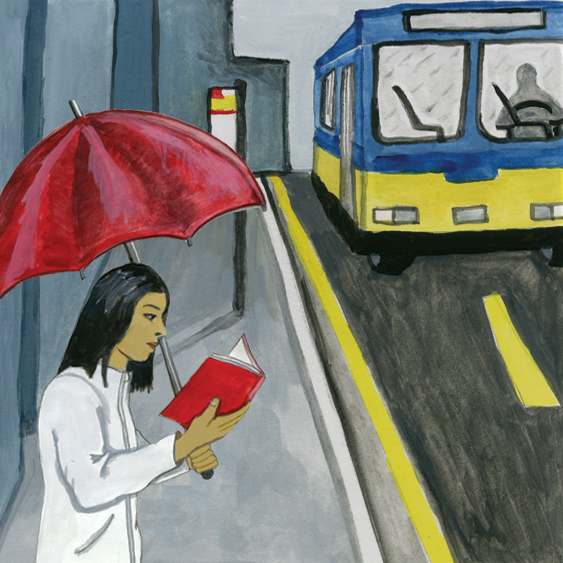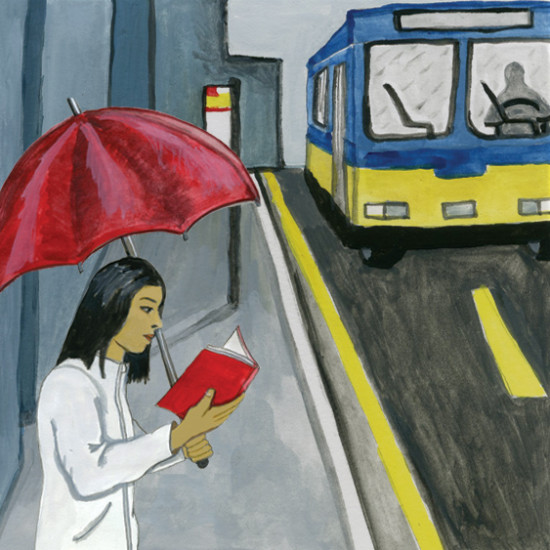Jennifer
I’ve had a hard time keeping it together while I’ve read the Seattle Times coverage of the Oso mudslide this week, mostly because of the horrific human toll but also because its reporters have covered the story so well from end to end. They’ve conveyed the mindblowing scale of the disaster with narratives, graphics, and coverage of the epic and heartbreaking search for survivors. But the staff has set itself apart by ferreting out the land use decisions that systemically and catastrophically failed to keep people safe. (Here, here, here, here, and here). It’s the kind of public service reporting that people seem to automatically expect from a hometown paper on a big story, but it’s by no means assured as fewer people feel obligated to pay for meaningful newsgathering. Fortunately, the people who are still at the paper are damn good at what they do.
Also, parents everywhere can rejoice that someone finally said this.
Alan
Jocelyn Zuckerman’s gripping exposé “Plowed Under” in the March/April American Prospect shows how bad policy prints out on the landscape. High row-crop prices, partly elevated by President George Bush’s 2007 mandates to boost ethanol in US motor fuels and partly boosted by the Mad Hatter incentives of American farm policy, have unleashed a giant wave of plowing on the Northern Plains. Native grasslands and wetlands—including the stunning, bird-rich prairie potholes—are shrinking at a pace unseen in decades. Grassland species are dwindling, pollinators are disappearing, and by the end of the article, you’ll see how it all starts in the money-corrupted Congress.
A satellite time-lapse of the scene of last weekend’s disastrous landslide in Washington shows clearly that the hamlet of Oso was in harm’s way all along. The Seattle Times provided superb coverage of this backstory, featuring geomorphologist Dan Miller, a climbing companion of mine.
Wolves are moving back into the Northwest states and into Northwest Europe. There’s new evidence of a wolf pack re-establishing itself in Denmark.
Clark
Despite the hype, I suspect that we’re a long way off from fully automated cars: even if the technology were perfect, there would be loads of legal and liability issues to surmount. Still, it’s interesting to think about how automated vehicles could affect transportation habits. Case in point: using Singapore as a case study, researchers from MIT believe that self-driving cars could reduce vehicle ownership by two-thirds:
Using actual transportation data, our analysis suggests a shared-vehicle mobility solution can meet the personal mobility needs of the entire population with a fleet whose size is approximately 1/3 of the total number of passenger vehicles currently in operation.
Meditations from India on organic urbanism:
A lot of the things that naturally just happen in India are codified and made into red-tape quagmires in Western cities. Things like street closures, setting up a food cart, or even holding an event at a public park is frought with regulations, fees and permits. In India, people-oriented nodes and moments just pop up organically. Where people gather is not dictated by zoning ordinances but rather by the people. This may sound scary and chaotic and even a little bit like anarchy. But somehow, in India, this organic urbanism is self-organized and self-regulating.
Are there lessons for us here?








